The number on the scale often can't stand up to the fact that your jeans are a little looser, and you don't feel the jiggly bits jiggle as much when you walk the dog. The premise of this article is not only about weight (pounds-wise) but about overall fitness and feel-good, and what to do when you hit that slump. For background information on making lifestyle changes, read my blog post about achieving long-term change. 1. Drinking your calories.
There's no judgement here on whether you like to go out and enjoy some drinks with your friends or sip on soda at dinner time. But if you have embarked on a journey to improve your health through diet and/or exercise, and seem to be stuck, it may be time to look at whats in the cup, not on the plate. 2. Thinking exercise is enough. Exercise (at the gym, in the garden, doing chores, wherever!) is fantastic. It has numerous health benefits that extend beyond the age-old pursuit of weight loss. But some common misconceptions about diet and exercise are that:
Yes, back to the alcohol. But this time we're going to talk about more than calories. Have you ever heard that a good night's sleep is important to lose weight? Well, it is. When your body is stressed (including when you don't have enough sleep, or enough good quality sleep), your body releases hormones that signal to the rest of your organs that you are STRESSED. And your body does not want to lose weight when it is stressed (though you might), because it sees that as losing fuel it needs to run from a possible stressor (think lion...or your boss?) We'll talk more about stress in the next section. Back to alcohol! When you drink, especially right before bed, you reduce the amount of good quality sleep your body gets. You may sleep the same amount of hours, but the sleep isn't as good. It's like a cheap candy bar versus Godiva, or Lindt. It's still chocolate, but one is better than the other. Some basics on sleep before we dive in. You go through 90 minute cycles during the night of REM sleep (rapid eye movement - when you dream) and NREM (non rapid eye movement) sleep. NREM comes first, then REM, then back to NREM, and again and again. In terms of sleep "depth" there is SWS (slow wake sleep), or deep sleep, that happens in the middle of the night. This is when your body repairs itself. Specifically, alcohol:
To learn more about sleep apnea, check out this article from Prime Clean. In sum, alcohol reduces your quality of sleep, and quality sleep is important for weight loss. It tells your body its OK for it to let go of that extra fuel. 4. Living with persistent, chronic stress. Our lives are lives of chronic stress. What does that mean? It means that even when we feel "not stressed", our body is still stressed. Someone cutting you off in traffic, your kids bickering in the back seat, an argument with your spouse, tension with your boss, not enough time in the day to finish what you need to get done. All of these things add up to stress - all the time. And we don't perform well when we are under stress all the time, but rather when we have periods to relax, and are then asked to perform. That's what are bodies are made to do - rally up the strength and fuel and adrenaline to give the best presentation ever! - but not stress about a million little things, all the time, every day. I mentioned in the last section that stress falls in the same basket as sleep when it comes to weight loss. Your body just can't seem to let go of those extra fat cells (i.e. fuel saved for later) if it's stressed out. It's like a hoarder - "but what if I need it in the future?" So, how do you combat that? There's a few things you can try. But the list goes on and on.
5. Skipping meals.
6. Embarking on fad diets. How many fad diets can you name? South Beach, Zone, Atkins, Grapefruit, Juice Detox, Master Cleanse, Cabbage... What do they have in common? They restrict (sometimes severely) the types of foods, and typically the amount, that you can eat.
And then you start again with a new fad diet, that's advertised to be the magic cure-all, and you embark again because this diet will be different. In terms of weight loss, you may have rapidly lost weight on the diet (but felt hungry, shaky, etc.) Unfortunately, this is often water weight, and is designed to give you quick fix results that don't last. The actual diet is incredibly difficult (and not healthy) and its hard for anyone to sustain that type of eating. What am I saying? I'm saying they set you up for failure. And as you bounce from fad diet to fad diet, your body is stressed - you keep starving it! And so with each diet, it learns to hold onto the fat a little bit better. And every time you come off the diet and overeat your favorite foods, it gets excited, and stores it all away for the next diet you go on. And this is called "Yo-Yo Dieting" because your weight bounces down with each diet, and then up to what it was before - and then even higher - after each diet. It wreaks havoc on your metabolism, and teaches your body not to trust you to be able to feed it. Conversely, you learn to not trust your body and you get this mind-body disconnect. 7. Grazing all day long. Let's differentiate between grazing and snacking. Grazing: constantly eating throughout the day - often eating right from the fridge or container, eating at the kitchen counter, in front of your computer/TV. These aren't thought out snacks - bowl of popcorn, apple and cheese, graham crackers and peanut butter - they are bites here and there. What do grass-eating animals do? Literally eat grass all day long. Snacking: snacking can be the small bites you have in between meals to keep your blood sugar up and your "hangry" self locked away. They could be what you eat all day - maybe you eat 6 small meals throughout the day, essentially what someone else might call a snack. They are good sources of both protein and carbohydrate, are presented to you in some way (plate, bowl, paper napkin), and you pay attention to it when you eat. So what's the downfall of grazing? If you never let yourself feel hungry, you mess with your mind-body connection regarding food. Your body isn't meant to have a steady in-flow of food, and by doing so you are likely never really full and never really hungry. Food becomes an emotional thing - boredom counts as an emotion, too. If you graze all day, and then go out to eat with some friends, do you think you'll be hungry? If you're not hungry then how do you know when you're full? AKA when your body has the nutrients it needs, and you should stop so you don't overeat? You don't. 8. Emotional eating & binging. When your mind recognizes food as serving a function other than nourishing your body, it is called emotional eating. "Emotion" may call to mind sadness, hysteria, anger, but it is a variety of things. Do you eat when you're bored? Happy? Sad? When you're out with friends celebrating? Food is an incredible social aspect of our lives, and there's nothing wrong with that. But when you are feeding your emotions and not your body, those same issues with hunger cues and overeating I've already talked about come into play. Plus, emotional eating is typically mindless eating. Binging can happen from disordered eating patterns, where you feel out of control once you start eating, or can stem from emotional eating where you are mindlessly consuming food and before you know it you finished the whole bag of chips. Or it can be from both. It is excessive consumption of food (or alcohol) in a short period of time. Deprivation of favorite foods, or food in general, can lead to binging. It's a haywire response from your mind to your body where it hasn't been fed, or has been denied a certain type of food, for too long. 9. Not recognizing the secret fats in your diet. The jury has been back and forth about the role of fats in our diet and their impact on our health. But I'm not talking about that. Fat is more calorie dense than any other type of food, and so small amounts add up to big things. This is fine when you know you are eating it, but what about when you don't? Do you bake or cook a certain way because that's how you grew up, or how your mother did it? Do you know about other options? Did you know you can replace lard and butter with applesauce and avocado and oil when baking? Did you know that you can use a spray non-stick cooking spray instead of melting butter in the pan before making your eggs, pancakes, chicken, stir fry? Hmm, what else? You can bake bacon on a cooling rack with a baking pan below to catch the fat. If you need oil, you can use a paper towel to smooth oil around the pan instead of dumping in a whole tablespoon. None of these changes are you removing full-fat mayonnaise and dressings from your fridge and buying all low-fat, no-fat varieties. Alot of those items are full of more processed gunk and sugars that aren't good for you either. My mantra is: if it's a fat (butter, margarine, oil, dressing, mayo) then use the full-fat in appropriate amounts. If its a dairy, you can buy low-fat and skim, because the fat only makes up part of the food, and can be reduced. With non-fat oils and other items, they are trying to give you the same satisfaction and mouth-feel as the full-fat item by adding in chemicals and other preservatives. Ick! 10. Mindless eating. I eat lunch... A) while checking emails B) with my colleagues at a table C) on-the-go D) alone Which of the above is mindless eating? That's right: A) and C). You can also swap in reading or watching TV for answer choice A. Mindless eating is when you are eating because a) its time to eat or b) its something to do, and you do it while multi-tasking. Many of us are guilty of working over lunch, and as our minds are focused on our emails, meetings, TV, magazine, computer, it is not on our food. Many of us already have a mind-body disconnect, and by not paying attention to the food you are putting in your mouth, you widen that gap. Your body has a tougher time telling your brain when it's full when your brain is pre-occupied with something else. Have you ever observed the following situation, or been in it yourself? A mom is on her phone/watching TV/writing emails/fill-in-the-blank, and her small child runs up to her. He tugs on her shirt, repeating "Mom" over and over again. She absentmindedly says "what?" and the child proceeds into a story about something-or-other. The mom mumbles as a social habit to indicate we are paying attention (even though we're not), while never laying eyes on her child. The mom is your brain during a working lunch, and the child is your stomach. He's trying to get the brain's attention, but the brain just isn't having it. I hope you've already guessed, or deduced, the downfall of mindless eating. There's multiple ones, actually. You widen the disparity between your mind and your body, further disrupting your hunger cues. You also tend to overeat, because you are not paying attention to what your body needs. And you likely won't be eating the right things for your body, because you're not listening! How does this impact you?
-Bailey
0 Comments
Your comment will be posted after it is approved.
Leave a Reply. |
a blog about health, wellness, nutrition, and fitness from an epidemiologist / dietitian with personal trainer experience
Stay up to date on productivity tips and active learning techniques
Like what you read?
categories
All
|
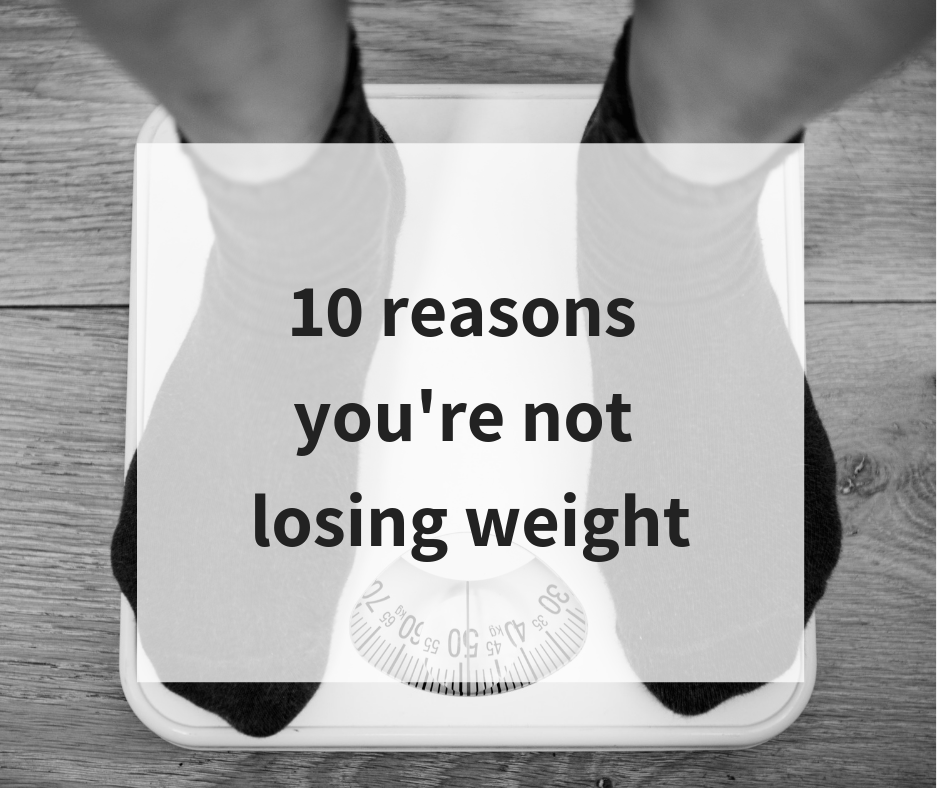
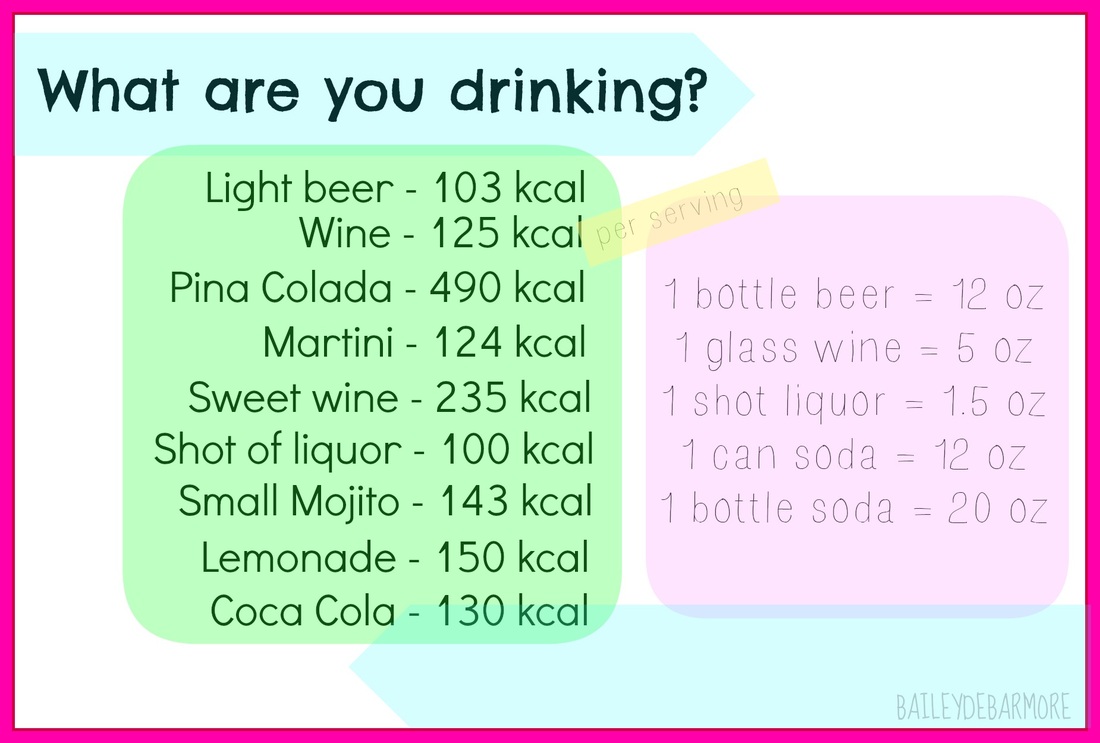
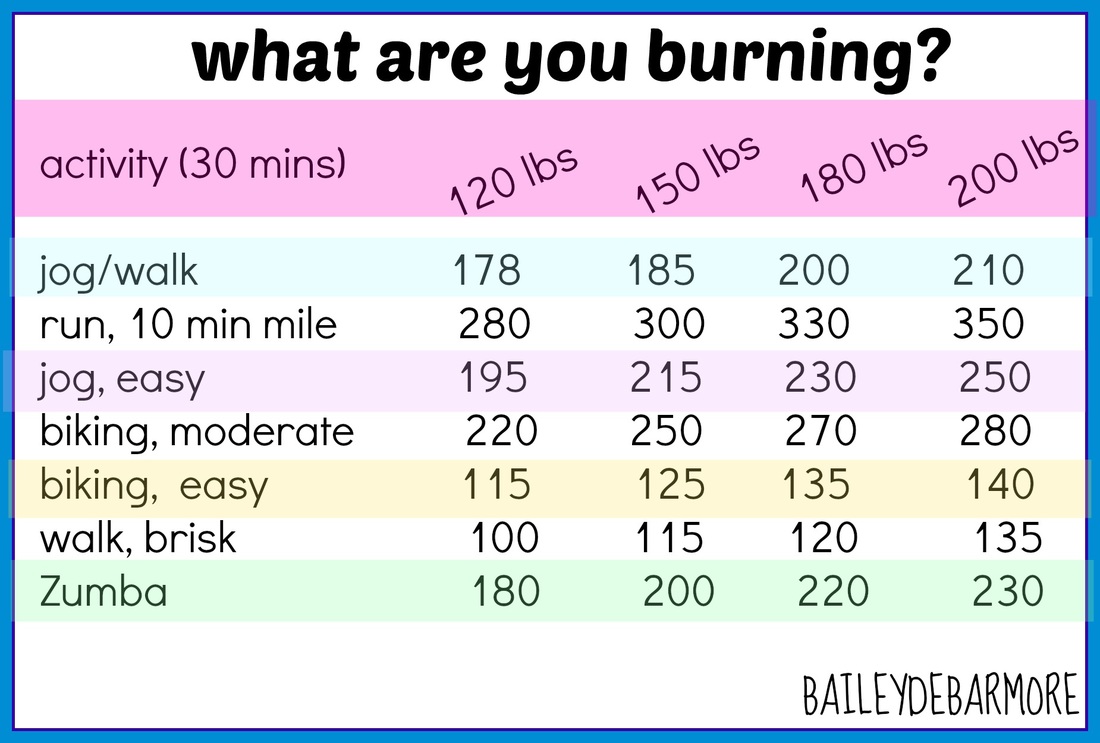
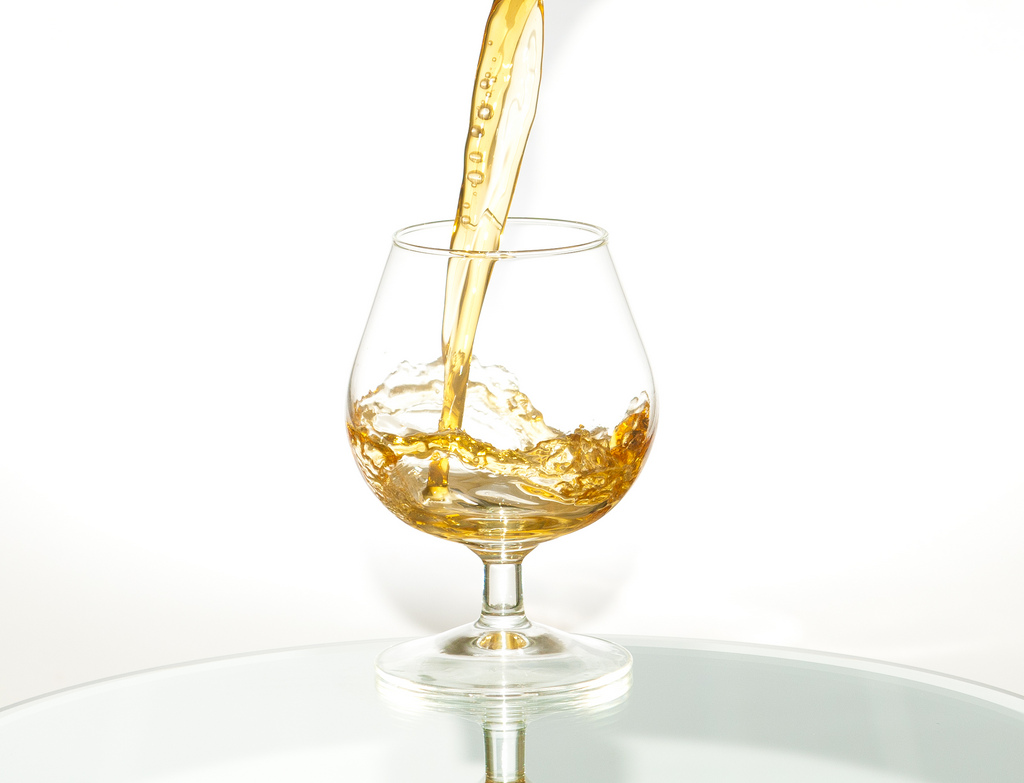
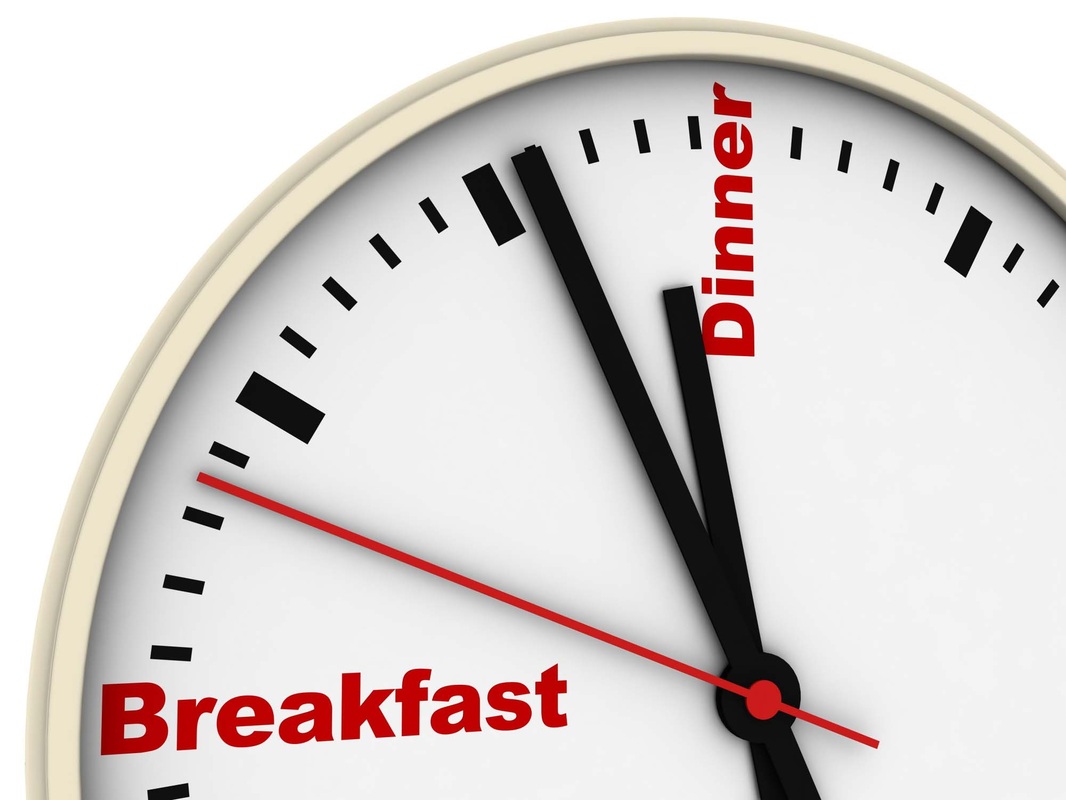
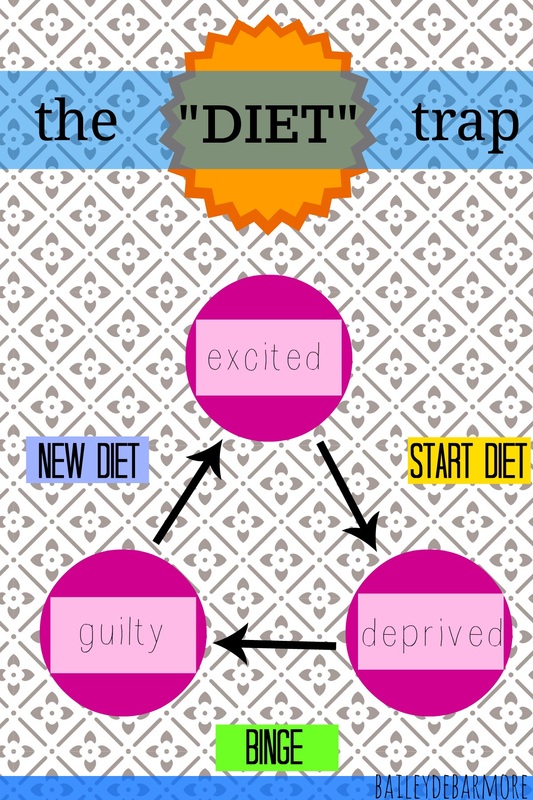
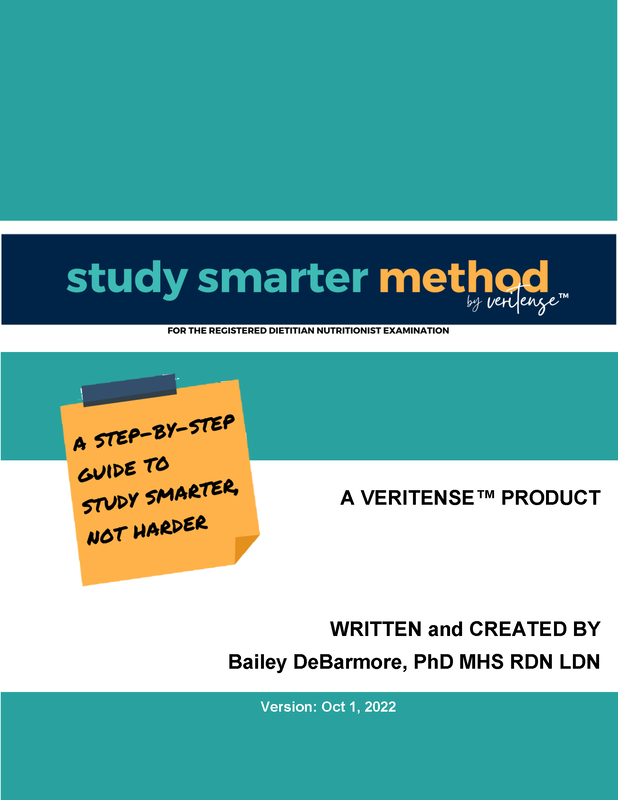

_250px.png)



 RSS Feed
RSS Feed
